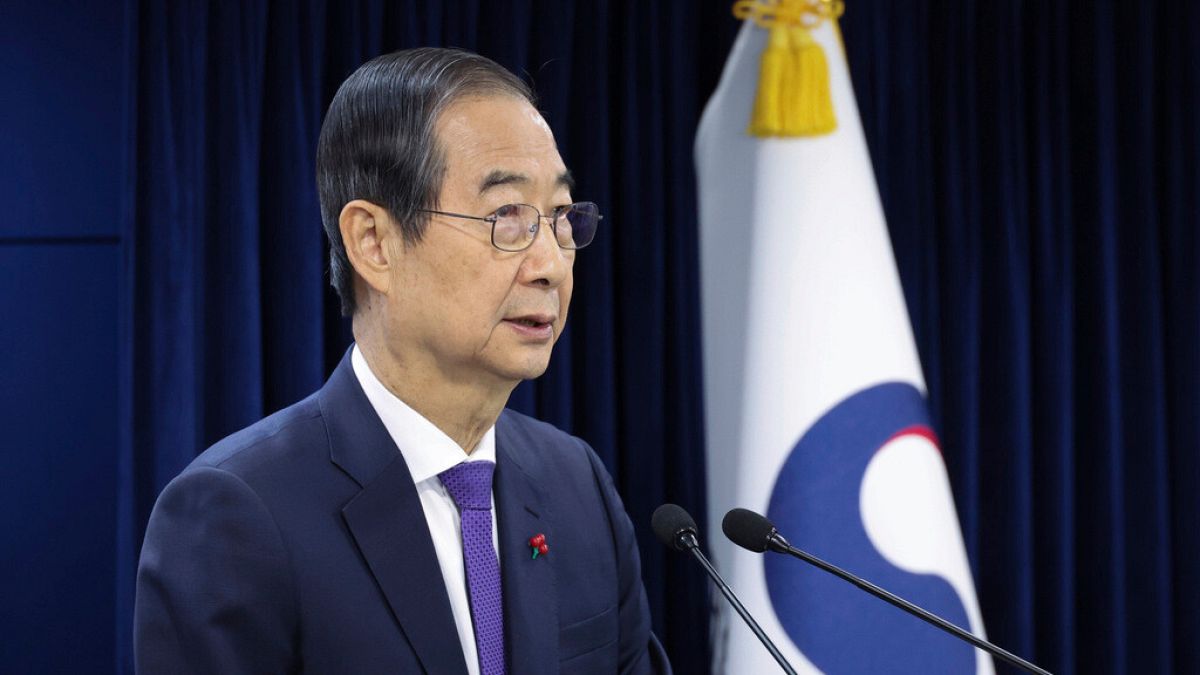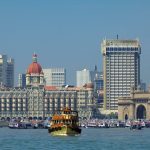The political crisis in South Korea deepened as the parliament voted to impeach acting President Han Duck-soo, following the impeachment of former President Yoon Suk-yeol just two weeks prior. Han will be stripped of powers and duties while the Constitutional Court decides whether to dismiss or reinstate him. The impeachment motion was passed by opposition lawmakers, with the governing People Power Party boycotting the vote. This move comes after Yoon’s controversial imposition of martial law, which was lifted after just six hours, leading to his own impeachment and trial.
The Constitutional Court will have up to six months to decide on Yoon’s impeachment, while investigative agencies are looking into accusations of rebellion and abuse of power related to the martial law decree. Several senior military commanders have already been arrested for their involvement in deploying troops to parliament during the martial law order. Han has faced opposition from the liberal Democratic Party as he resists their efforts to fill vacant seats on the Constitutional Court and investigate Yoon’s actions. The appointment of three new judges to the court is a sensitive matter, as they will play a crucial role in determining the outcome of Yoon’s impeachment trial.
Yoon’s political allies in the People Power Party have objected to Han’s authority to appoint the new judges, arguing that he should not exercise presidential powers while Yoon has not been formally removed from office. Han, on the other hand, has stated that he will not appoint the justices without bipartisan agreement. The Democratic Party, holding a majority in the assembly, has submitted an impeachment motion against Han and passed bills calling for the appointment of the three justices. Han’s powers will be suspended upon the delivery of his impeachment document to him and the Constitutional Court, with the deputy prime minister and finance minister stepping in as an interim leader.
The South Korean political landscape remains tense as the impeachment of two presidents in quick succession has raised concerns about stability and governance. The fallout from Yoon’s martial law decree has led to a series of legal and political battles, with investigations ongoing into potential abuses of power. The role of the Constitutional Court in determining the fate of both Yoon and Han underscores the importance of judicial independence and oversight in upholding the rule of law. As the country grapples with this crisis, the actions and decisions of its political leaders will have far-reaching consequences for the future of democracy and governance in South Korea.











